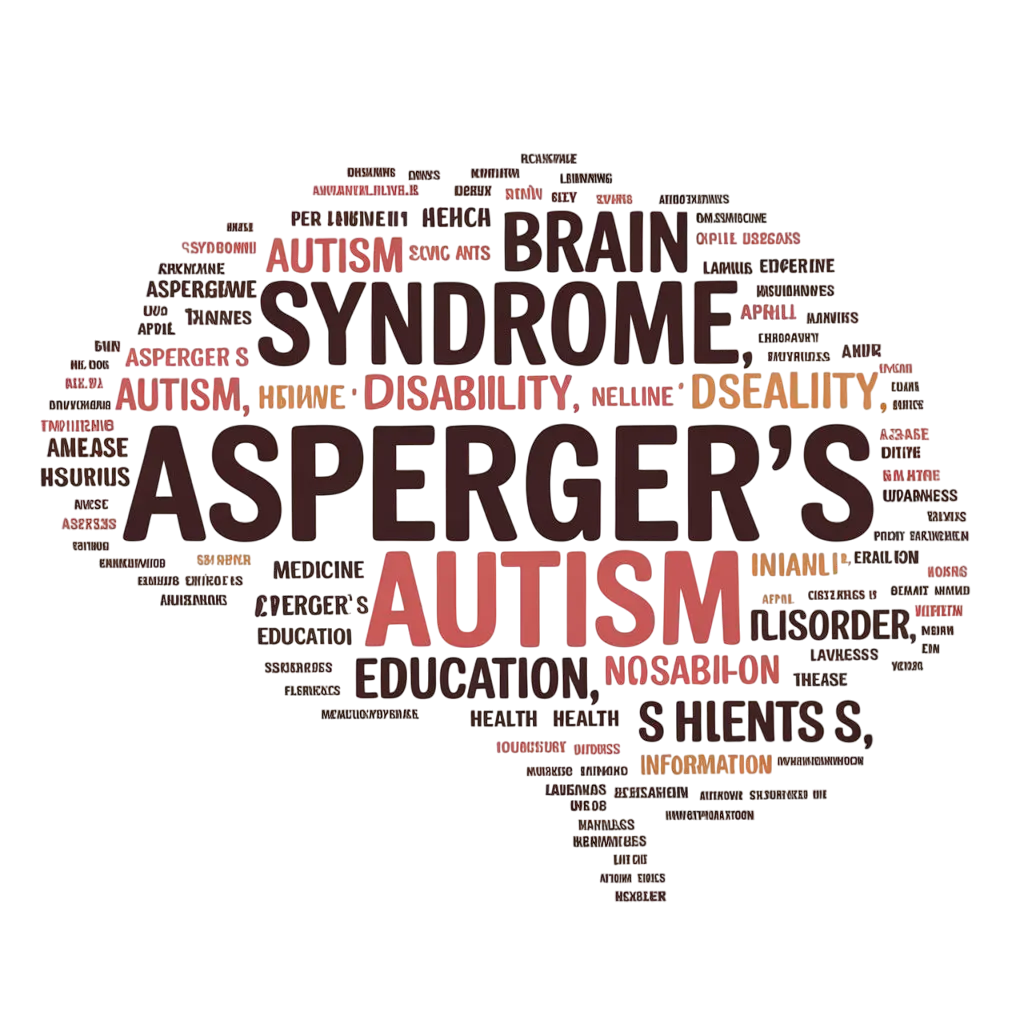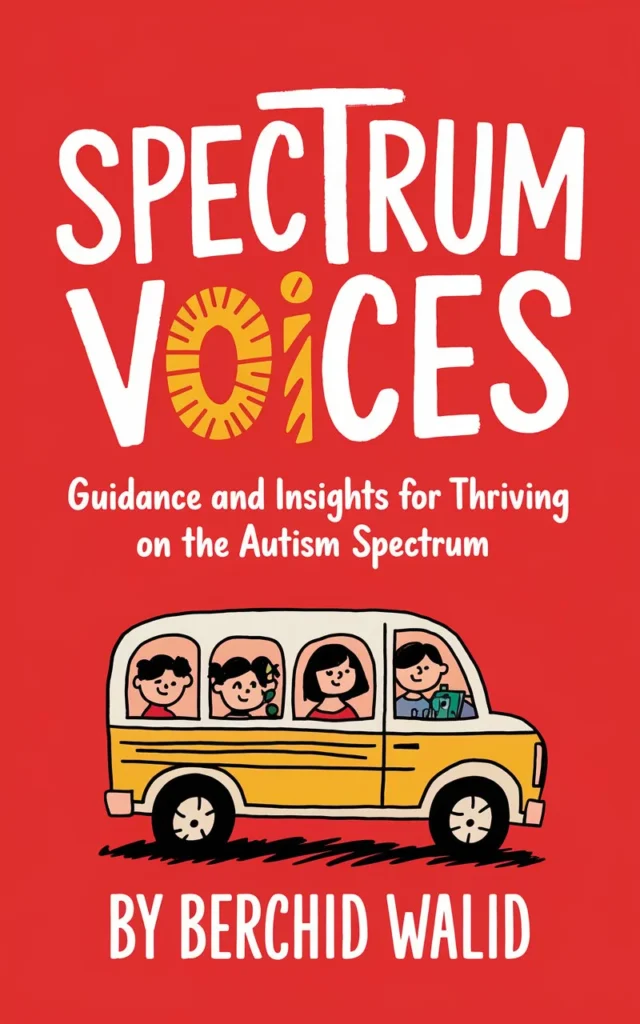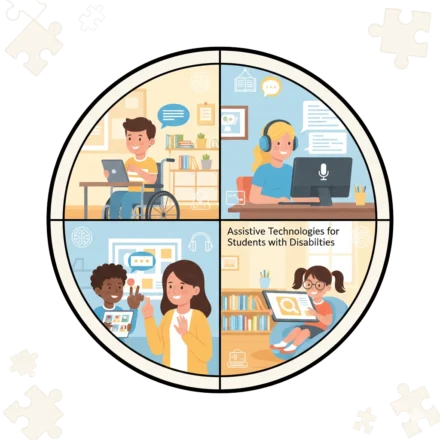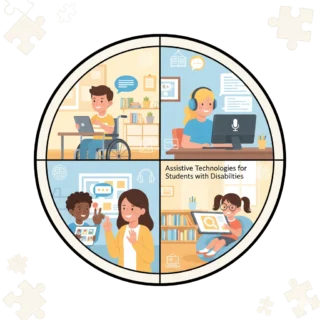Asperger Syndrome, a pivotal part of the autism spectrum, often leads to common misconceptions. Consequently, this blog aims to demystify the unique traits of Asperger Syndrome and offers practical advice on how best to support those affected. Initially, it’s crucial to understand that Asperger Syndrome profoundly influences social interactions and communication.

What is Asperger Syndrome?
Asperger Syndrome is a developmental disorder that significantly impacts an individual’s ability to socialize and communicate effectively. Those with Asperger’s typically exhibit normal to above-average intelligence but, unfortunately, face challenges in social interactions, often engaging in restricted and repetitive behaviors.
Main Characteristics of Asperger Syndrome

Social Interaction Individuals with Asperger Syndrome may appear awkward or uninterested in social settings. They often misinterpret social cues, which complicates their interactions. Additionally, they might not respond to the emotional expressions of others or could misread social contexts.
Restricted Interests Furthermore, people with Asperger Syndrome usually have intense and focused interests in specific topics. While these passions can lead to significant expertise, they might also isolate them from their peers.
Repetitive Behaviors Moreover, many with Asperger Syndrome engage in repetitive behaviors or adhere to strict routines, which provide them with a sense of order and predictability.
Communication Challenges Equally important, despite often having robust verbal skills, individuals with Asperger Syndrome generally struggle with the pragmatics of language. This includes difficulties with conversational turns, non-literal language such as idioms, jokes, and sarcasm.
Strengths and Abilities Significantly, it’s crucial to recognize that Asperger Syndrome also comes with strengths. Many individuals show remarkable focus, pay great attention to detail, and can maintain persistence in specific areas of interest.
Supporting Individuals with Asperger Syndrome
Providing understanding and support is essential for those with Asperger Syndrome. Here are some effective ways to help:
- Educational Support: Teachers and educators can adapt their methods to better suit the learning preferences and social challenges of individuals with Asperger Syndrome. For detailed strategies, explore Spectrum Voices: Navigating High-Functioning ASD on Teachers Pay Teachers.
- Social Skills Training: Programs that teach skills to better interpret gestures, facial expressions, and tone of voice can be extremely beneficial.
- Structured Environment: Creating a clear, structured environment with well-defined expectations can significantly minimize stress for individuals with Asperger Syndrome.
Conclusion
In conclusion, understanding the characteristics of Asperger Syndrome is vital for fostering an inclusive and supportive environment. By implementing targeted support strategies, we can help individuals with Asperger Syndrome not just manage but thrive. For more insights and continuous learning, visit our blog page.












Leave a Comment